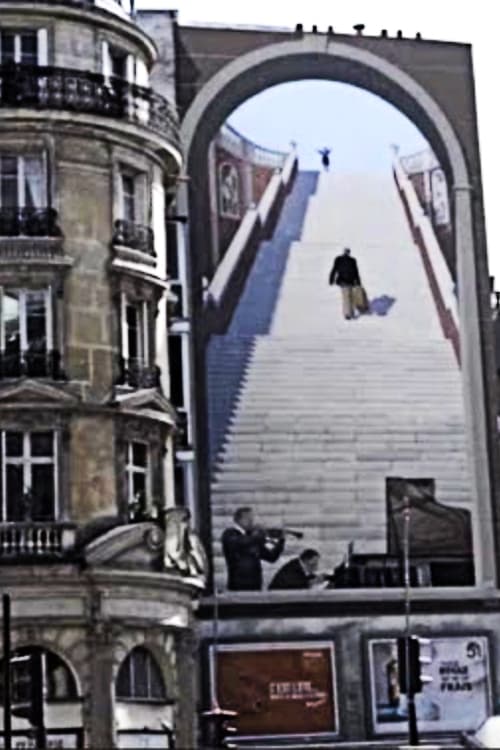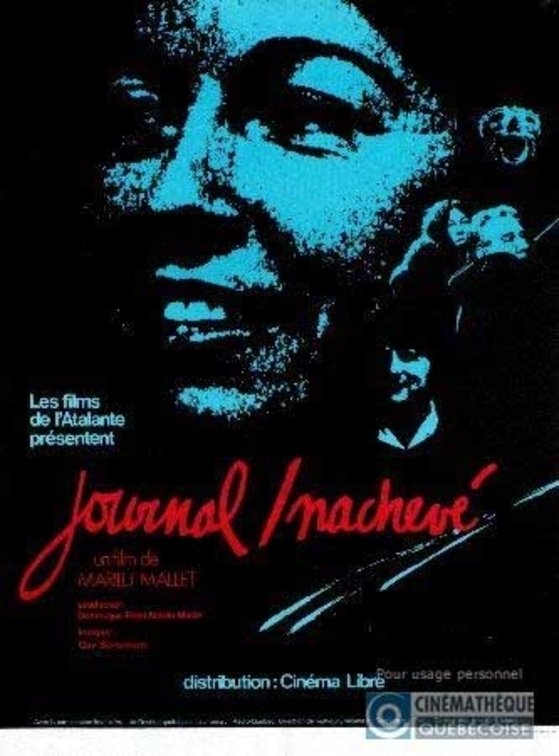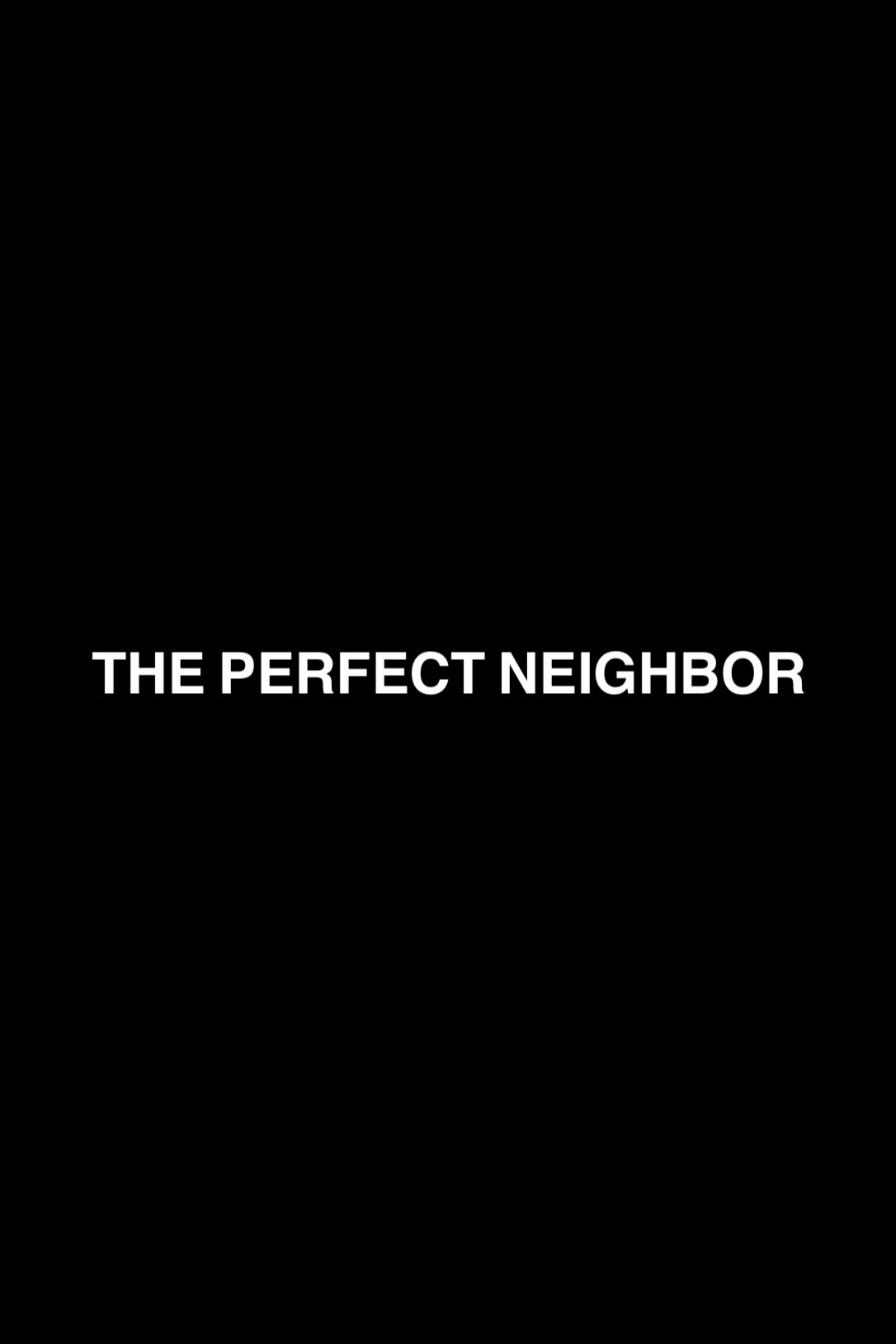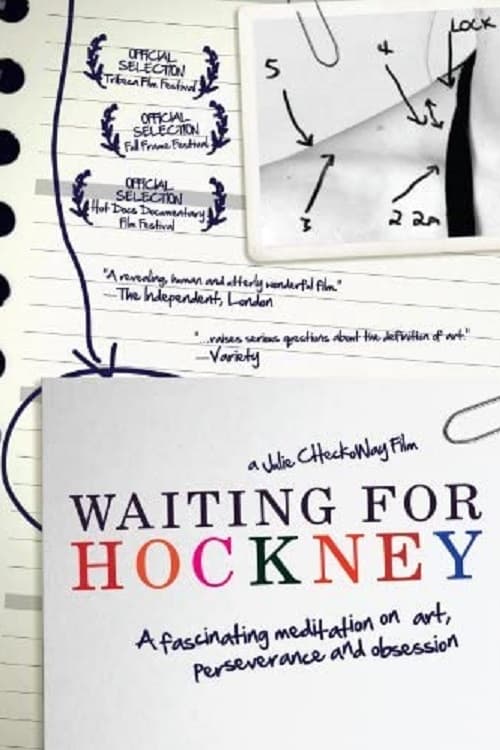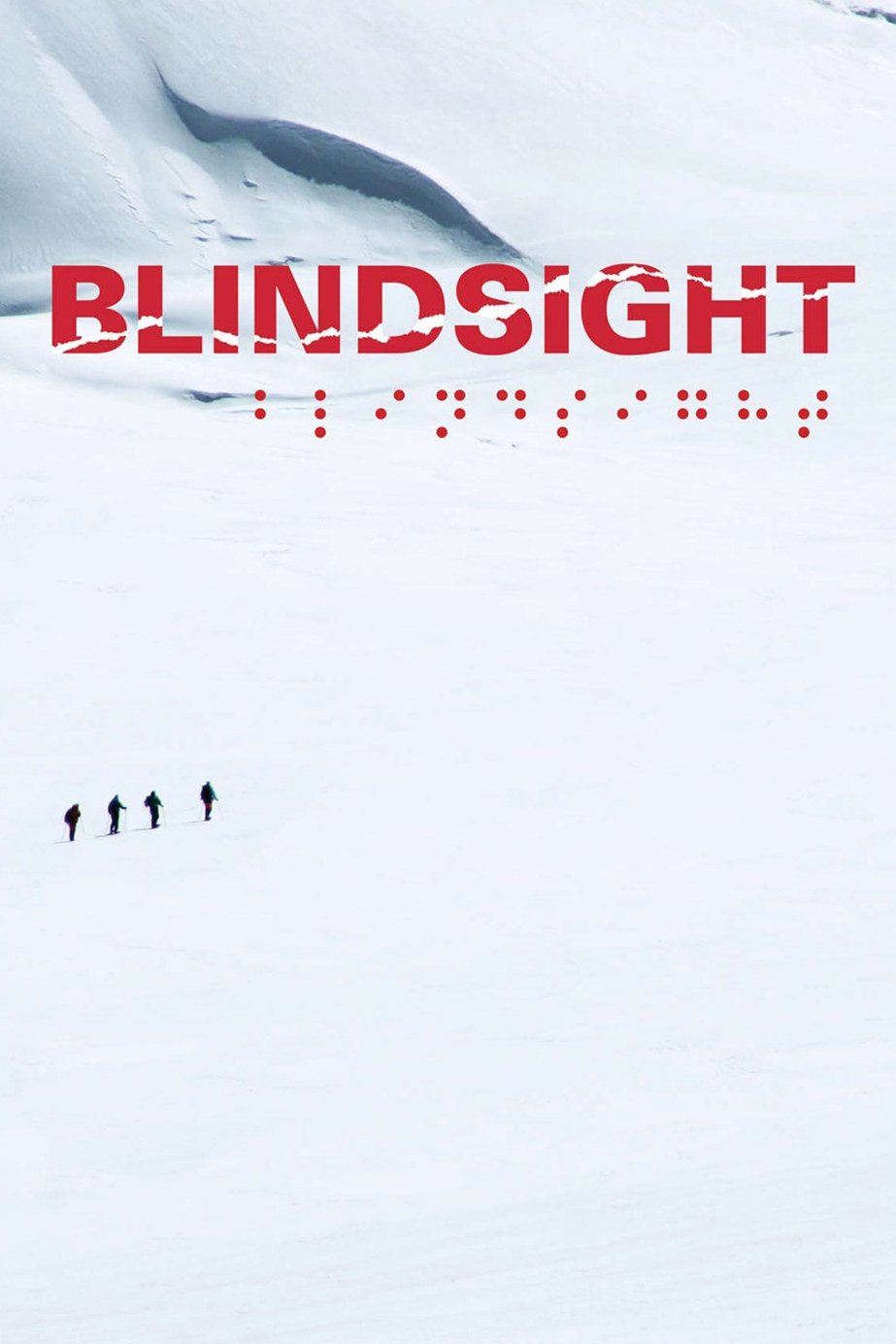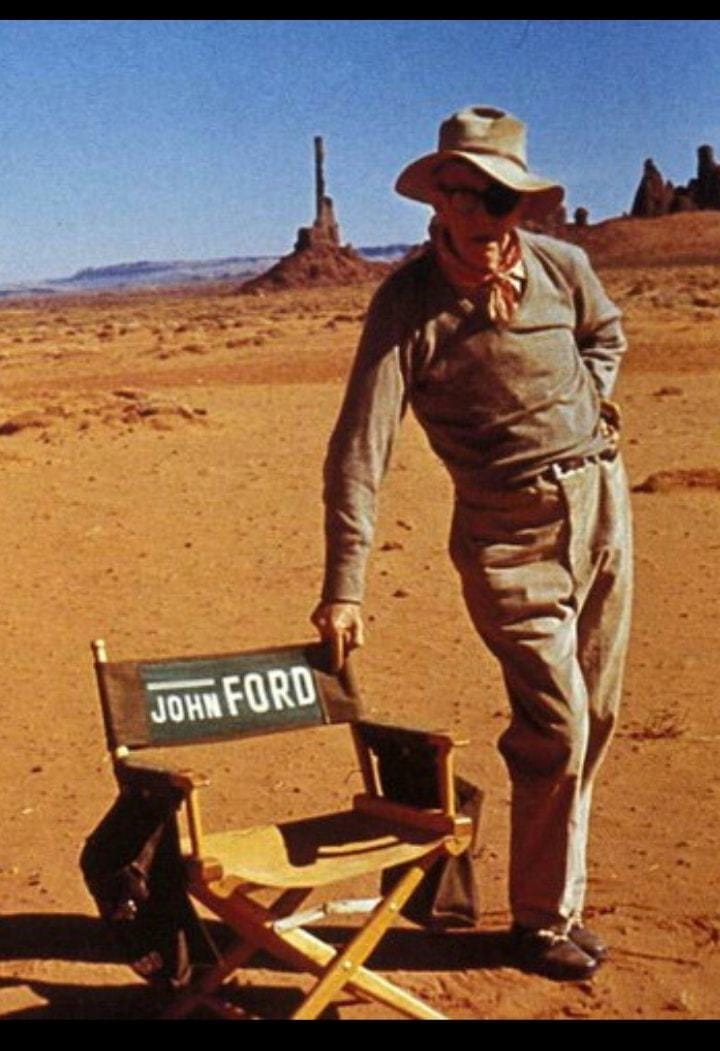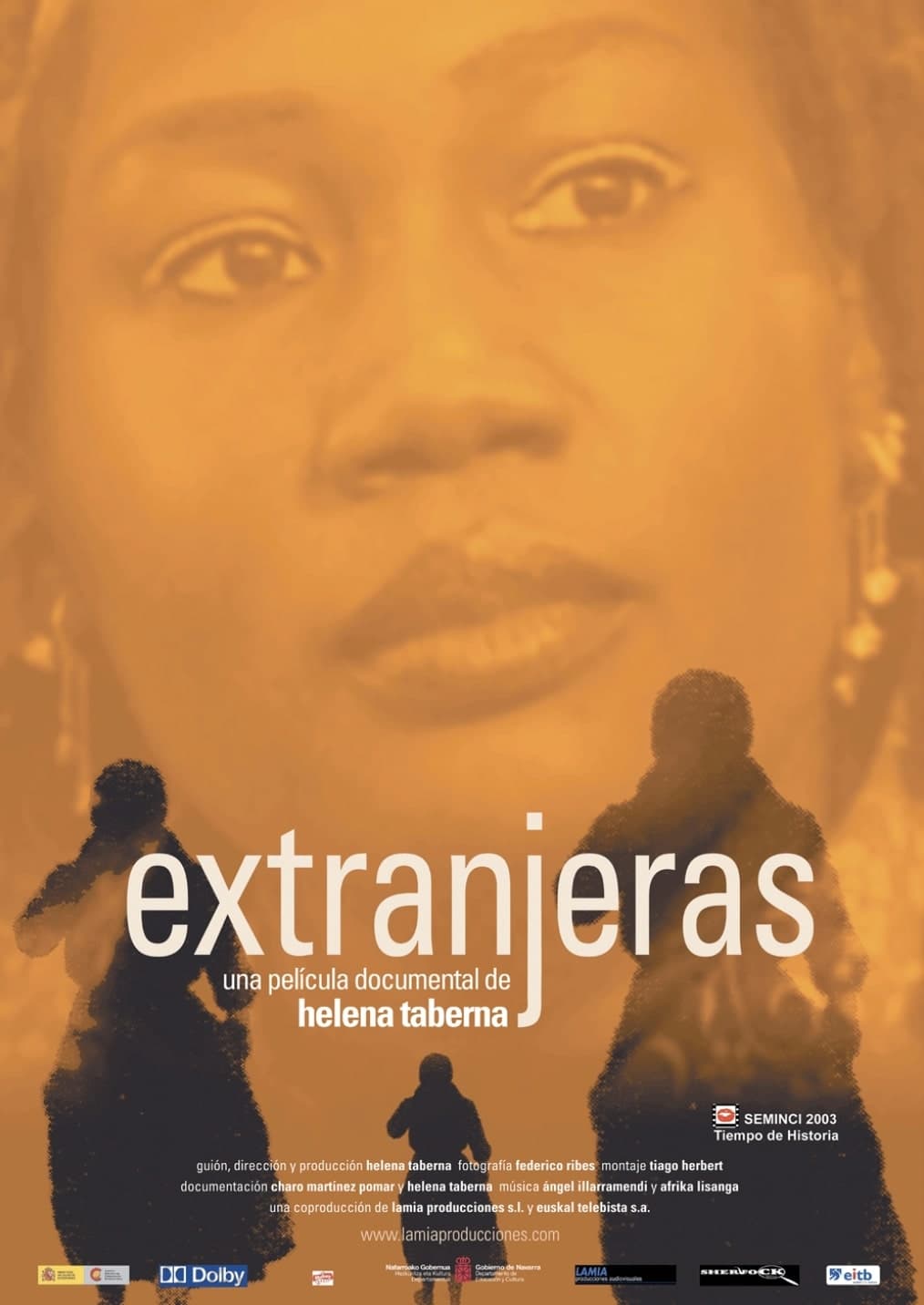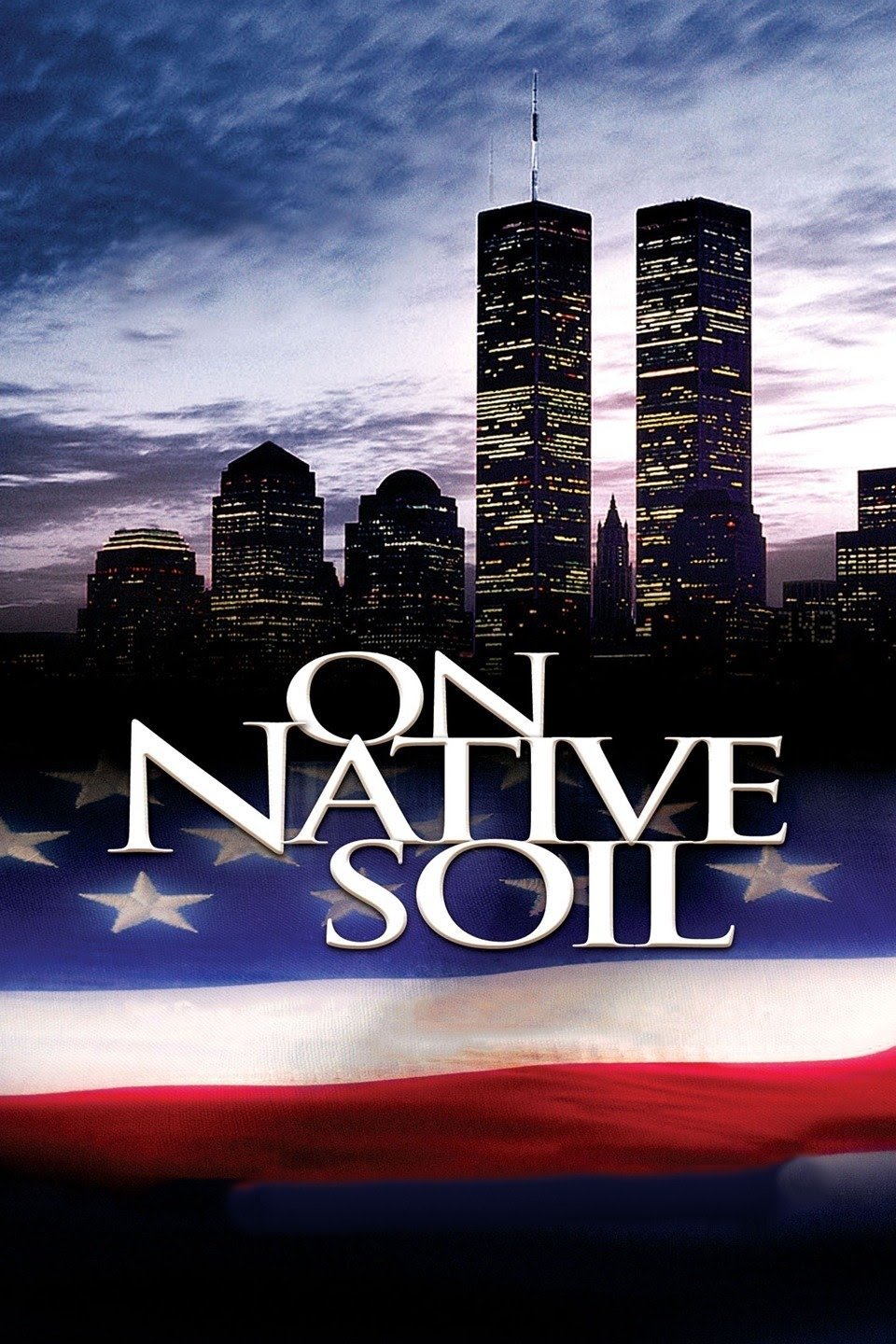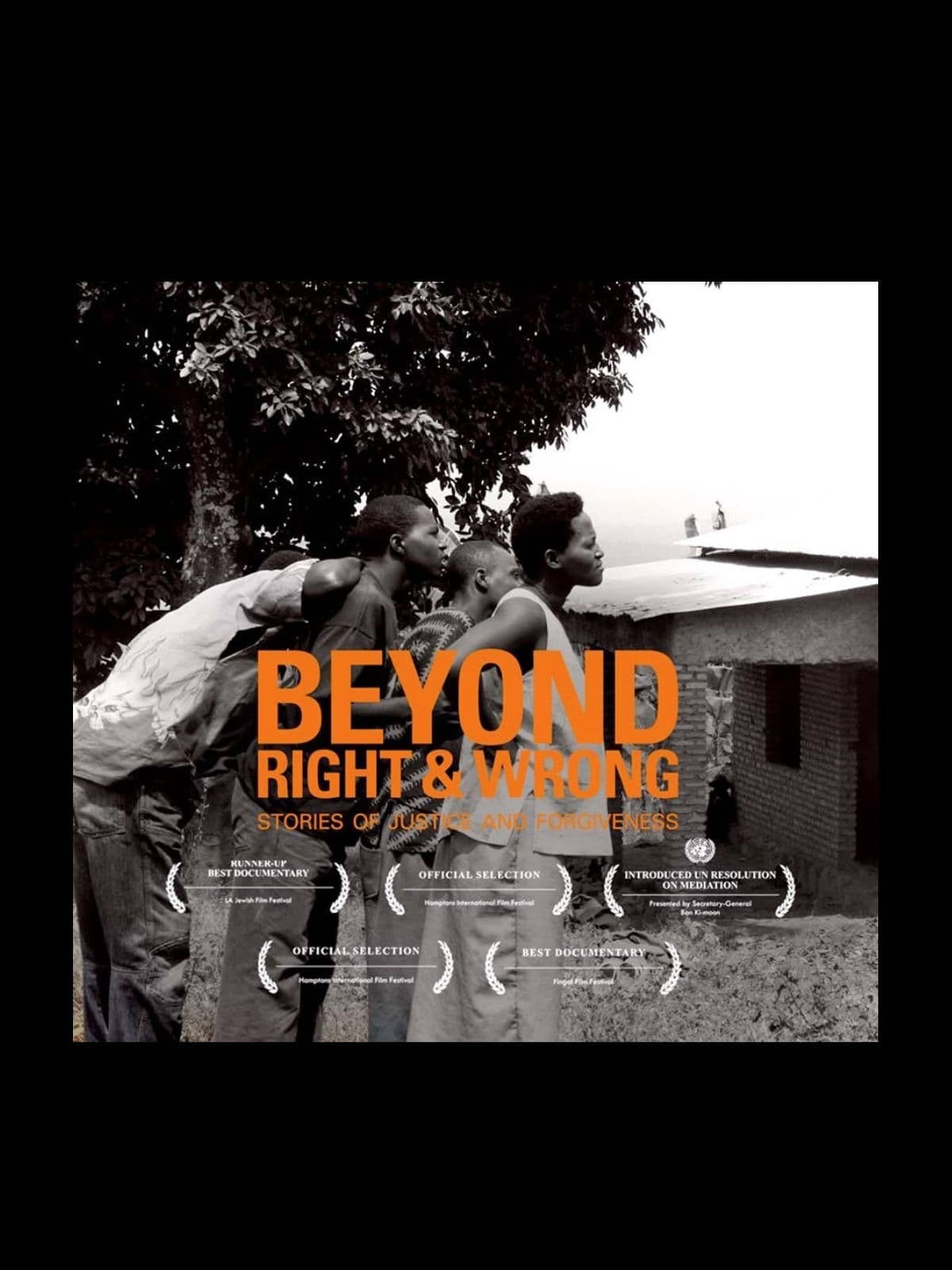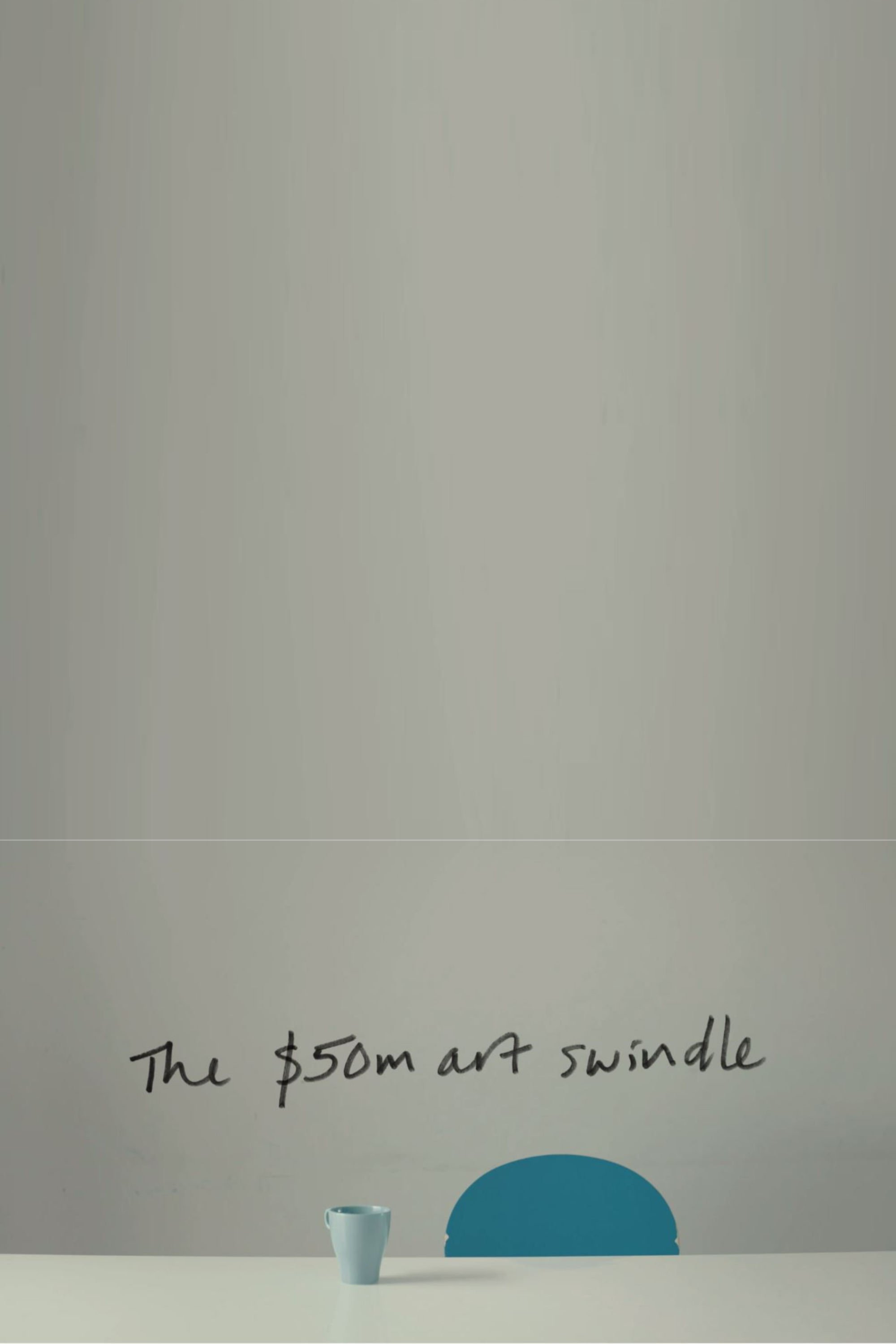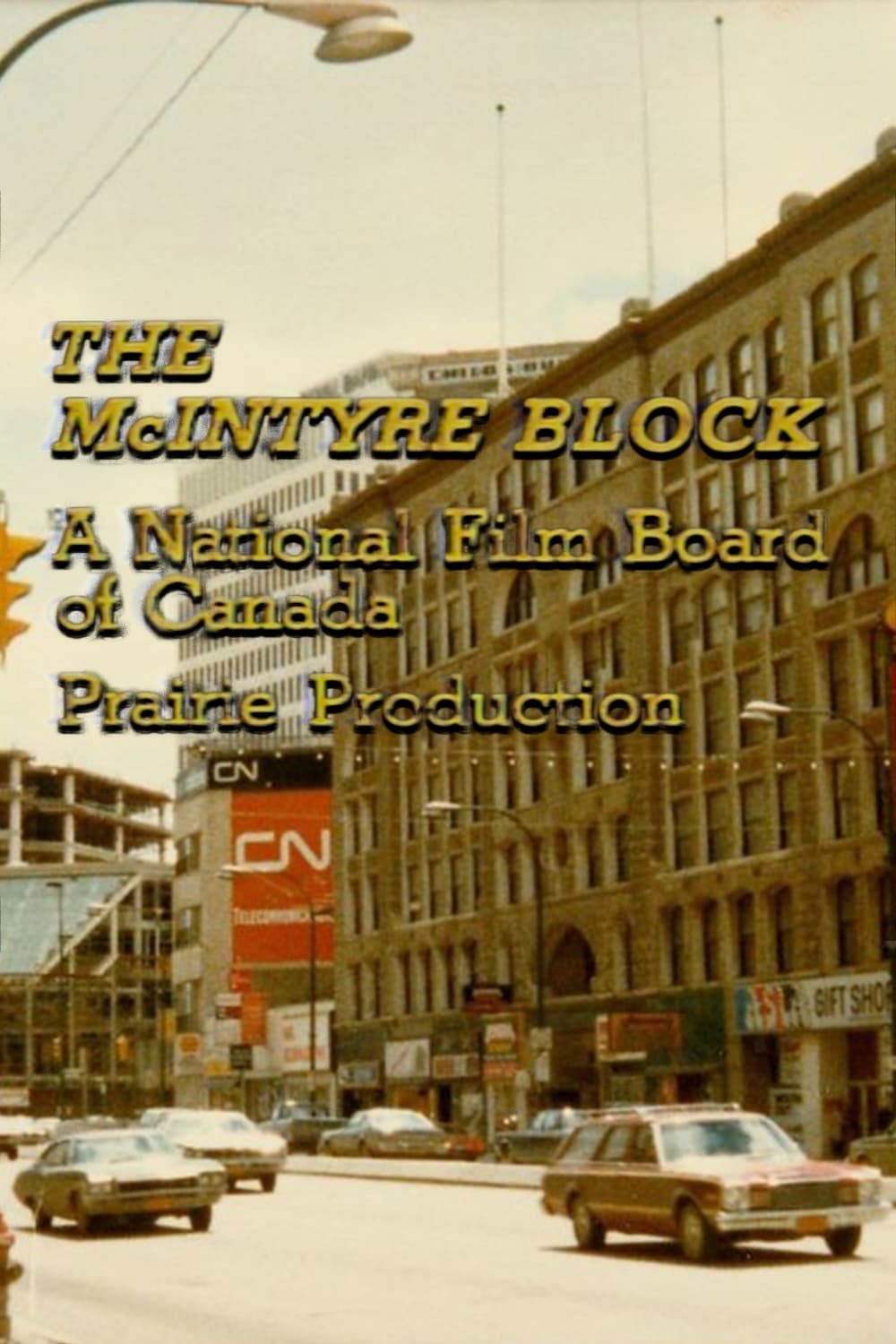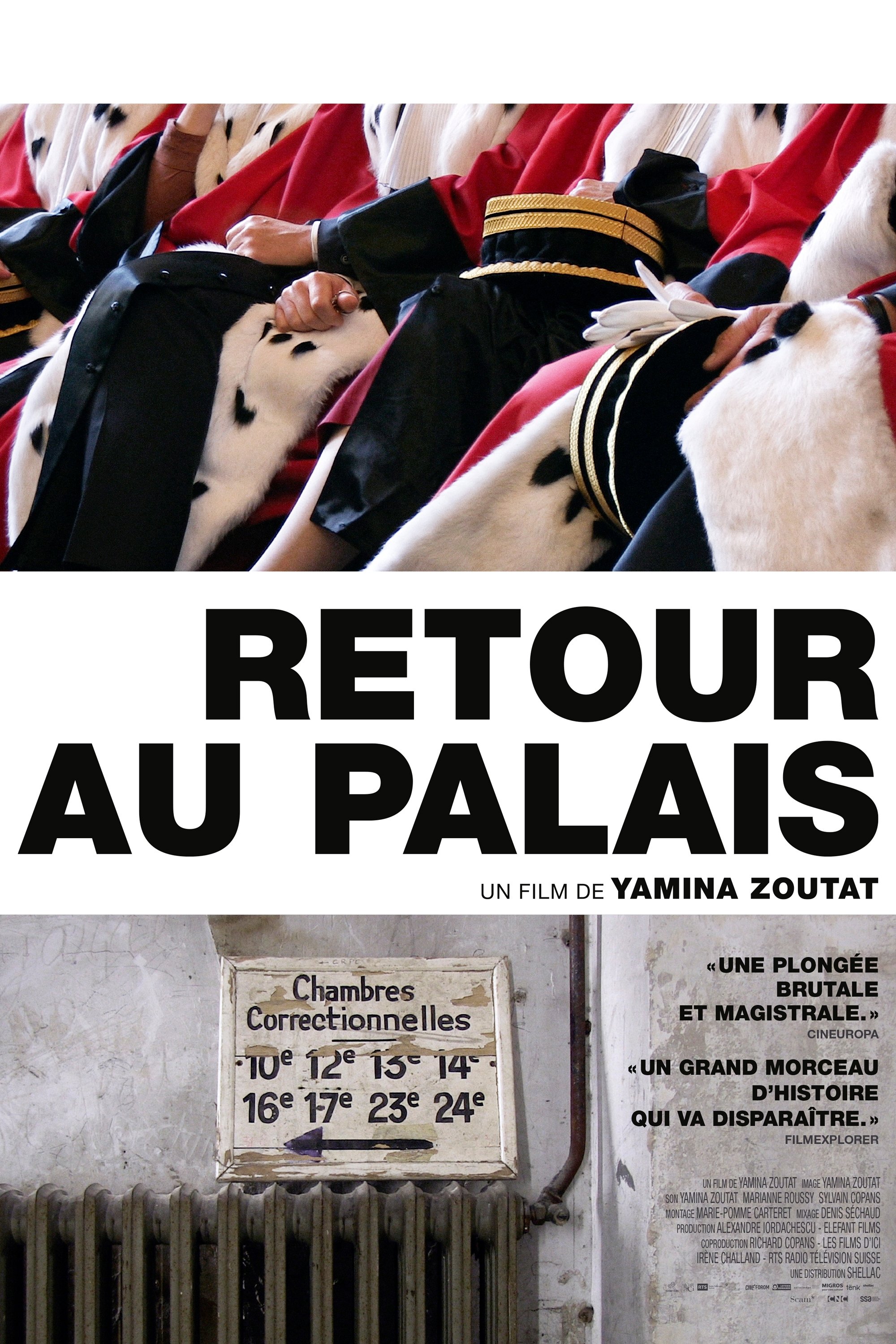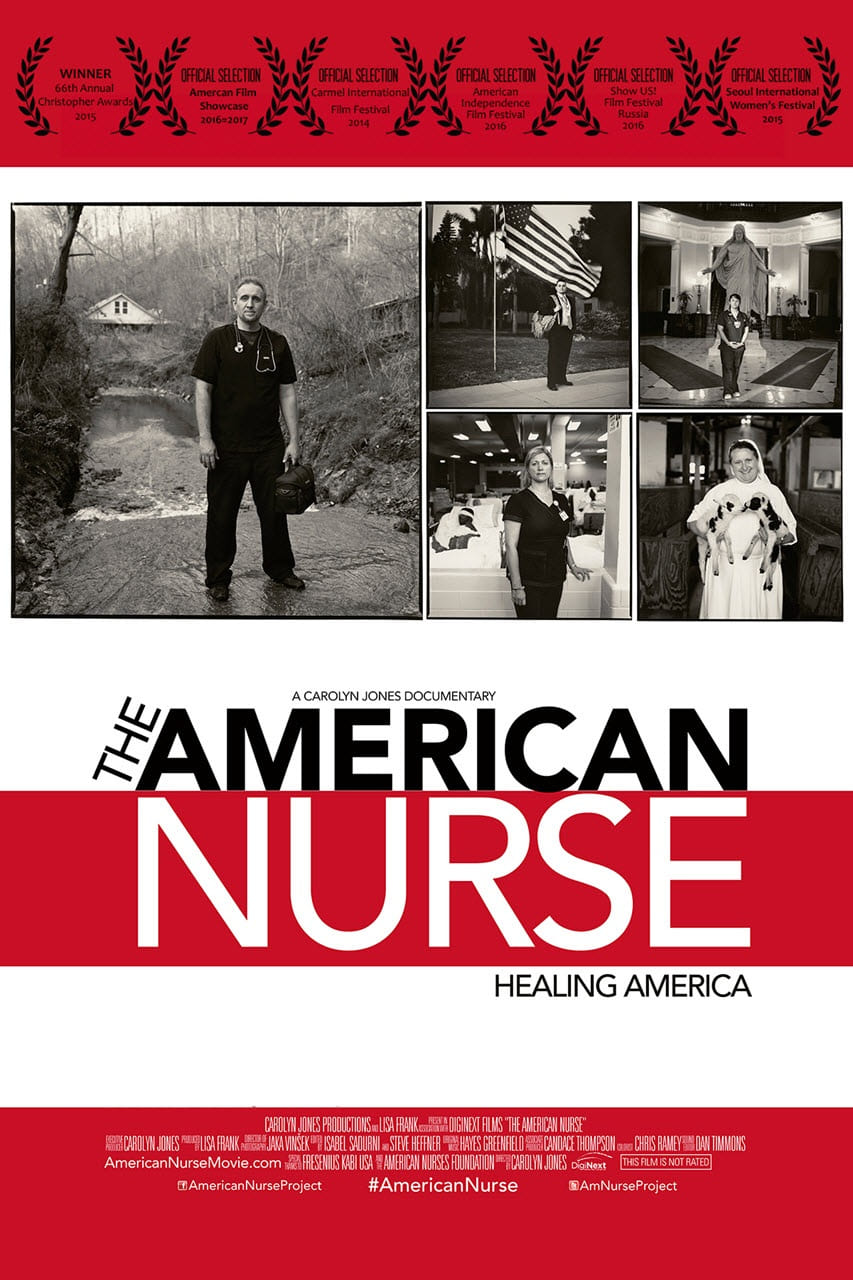Paris ou l’utopie perdue
2018
1h 20m
0.0(0 votes)
Documentary
Overview
A look at contemporary Paris through the lens of theories and ideologies of the past two centuries, with a particular focus on the utopian socialist ideas of Charles Fourier.
Cast & Crew
1 member
Acting
Simone Debout-Oleszkiewicz
Self
No Image
Similar Movies
Recommended Movies

No Recommendations Yet
We're working on finding the perfect movies for you. Check back soon!
More movies coming soon
